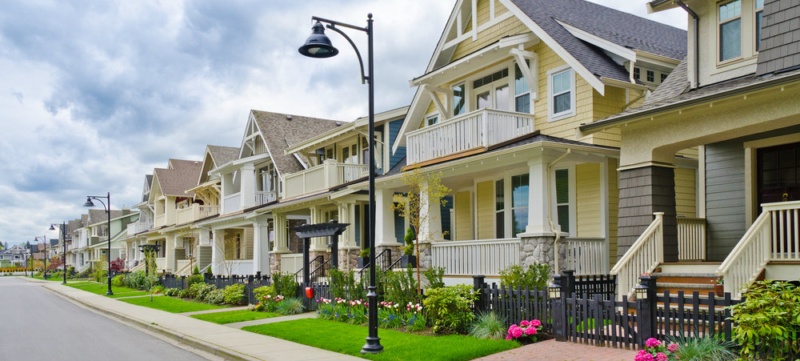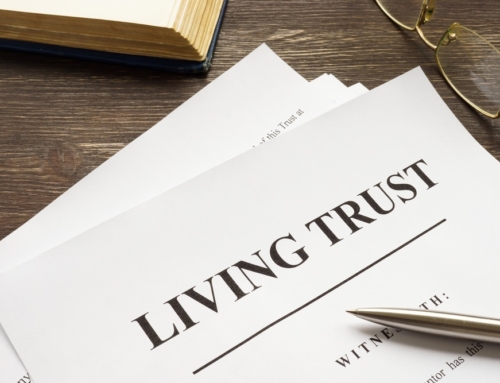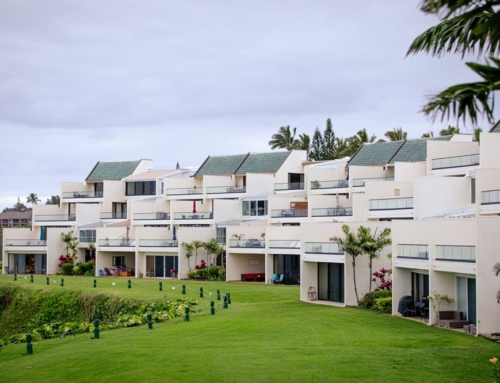In 2002, more than 6.5 million existing and newly constructed homes were sold, a new record. Approximately 6 percent of those sales were for second homes, according to the National Association of Realtors.
Although sales of new and existing homes are breaking records, sales of second homes are increasing faster than sales of primary residences. Sales of investment or vacation homes have increased by 25 percent over the last five years to $50 billion per year and are projected to grow to $150 billion by 2005.
NAR has long projected that as the baby boomers begin to hit age 55, the second home market would grow exponentially. This prediction may wind up accurate, as boomers born in 1946 will turn 57 this year.
A new study conducted by the NAR and Escapehomes.com found the typical second home buyer is 56 years old, married, has no children under 18 living at home, and has a household income of $92,000.
Buyers purchase second homes either as a vacation destination (which they then rarely, if ever, rent out) or as an investment purchased for income potential. If the home is purchased as an investment, the study concluded that it is almost never used by the owner and is usually rented out for more than 6 months of the year.
Today’s second homeowners are far more likely to purchase a second, third or fourth home as an investment. In 2002, 37 percent of all second homes purchased were investment properties. The number has been rising sharply in the past few years.
Why? NAR’s research found that the slumping stock market has caused many second home buyers to sell stocks and bonds and purchase real estate instead. In the past three years, the Dow Jones Industrial Average has declined by more than 25 percent, and the Nasdaq is down 65 percent. During the same three year period, home prices have risen 16 percent nationwide and, in certain neighborhoods, even higher.
Even those individuals who are planning to use their second homes as vacation residences some or all of the year are concerned with price appreciation and the potential for rental income. Everyone wants to see real estate continue to rise in value.
If you’re thinking about purchasing a second home this year, be sure to consider the following issues:
- Location counts. Whether you’re buying a second home as an investment or for pleasure, where the property is located is important.Choose a good neighborhood, one that is convenient to recreational opportunities and services, and don’t forget that schools count (particularly if this is an investment property). If you’re buying a vacation home, make sure you can get there easily – the average time people like to spend in a car getting to a vacation home is about 3 hours or 150 miles.
- Don’t overpay for the property. Although home prices have been rising for the past three years, they may not rise as quickly – or at all – over the next few years. Take time to look at a wide variety of properties in the area in which you’re interested to help you understand how much property is worth.Before you make your offer, take into account any changes that have to be made and how much it might cost to improve the property. Hire a professional home inspector to tour your property to make sure it is in sound physical condition. Make sure a dump or highway isn’t scheduled to go in across the street or behind your garden. All of these factors can change the price you should be willing to pay for your home.
- If you’re planning to rent your home, do the numbers. Check to see how much money similar properties rent for and if there is a market for rentals in the area. Talk to local agents to find out which brokers do rentals in the community. If you don’t live nearby, you may want to hire a manager to rent and manage the property (though this could cost 10 percent or more of your rent receipts).It’s important to calculate what the total expenses of owning and operating your investment property will be. Potential expenses include taxes, insurance, mortgage payments, and upkeep. While you may not be cash positive (with more rent coming in than you pay out in expenses on the property) initially, try not to be cash negative.
If you plan to purchase more investment property in one location, take the time to develop a good working real estate agent. An agent who knows what you like and can work on your timetable can help you make the most of your second home dreams.







Leave A Comment